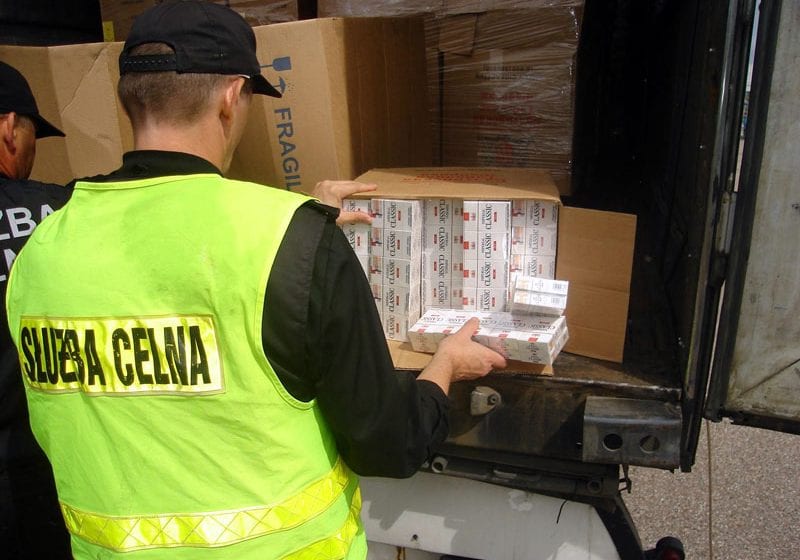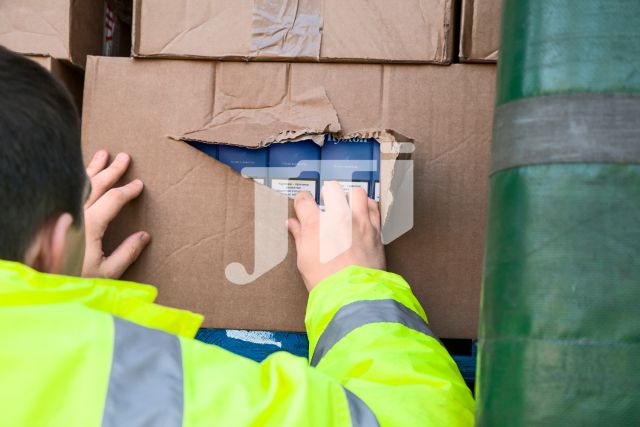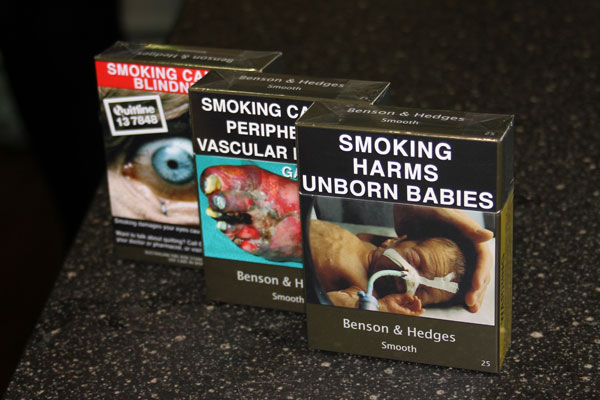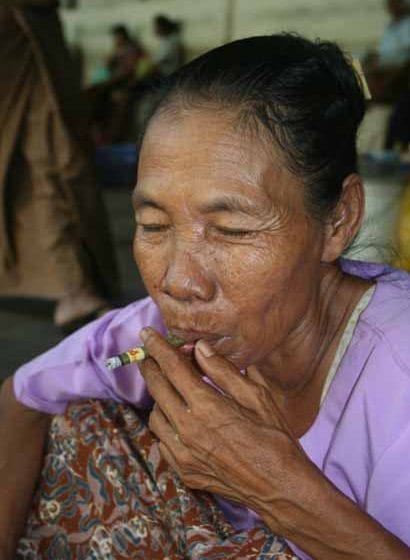Despite measures taken since 2013, the challenge posed by the illegal tobacco trade remained as ‘preoccupying’ today as it had been in the past, according to a report last week by the EU Commission to the Council and Parliament.
‘The EU and its member states have no choice but to continue to address the threat from illicit tobacco and its changing patterns with determination, since this illicit activity is detrimental to public health, finances and security,’ the report’s conclusion said.
‘With its combination of strong legislative responses, robust law enforcement and enhanced co-operation at national, European and international levels, the 2013 Strategy remains relevant. It is too early to pass final judgment on its effectiveness, since its key components – such as tracking and tracing – are not yet applicable.
‘Looking at the growing threat from cheap whites in particular, the FCTC [World Health Organization’s Framework Convention on Tobacco Control] Protocol – once fully applied by a critical mass of countries, including key source and transit countries – will be a key tool in combating the global illicit tobacco trade. However, while tracking and tracing in particular will help to secure the legal supply chain, additional tools will be needed to address domestic or foreign clandestine cigarette production effectively.’
One of those tools is seen as the reduction of price differentials between countries – that is, the reduction of tax differentials.
‘Despite the actions taken so far, the size of illicit trade remains by and large stable,’ the report said in a section headed Further reflections. ‘In particular, the phenomenon of cheap whites and counterfeits, while not entirely new, has become increasingly troublesome over the last years. Therefore, now seems to be the right moment for considering additional measures to effectively complement the 2013 Strategy in the future.’
One of those measures would involve reducing the ‘incentives’ for smugglers.
‘Currently, the main incentive for the illicit tobacco trade is the possibility to exploit price differentials between EU member states and neighboring countries, but also between markets in EU member states,’ the report said. ‘One standard 40ft container holding some 20 million cigarettes smuggled into the EU can yield up to €2 million in illegal revenue depending on the tax burden. The level of taxation is a major factor in the price of tobacco products, which in turn influences consumers’ smoking habits, following the rules of price elasticity. A certain degree of upward convergence between the tax levels applied in the member states would help to reduce fraud and smuggling. Neighboring countries such as Belarus with an excessively low tax rate on tobacco products should be urged to approximate their excise duty rates with the minimum rates in the EU, not least in the shared interests of health policy and raising public revenue.’
The report goes on to describe how the effect of reduced incentives could be enhanced if in parallel smugglers’ production and distribution costs were driven up and if sanctions had a sufficiently dissuasive effect.
The Commission said that based on its present analysis and further dialogue with stakeholders, it would complete its evaluation of the present strategy and decide on the appropriate follow-up in 2018.










